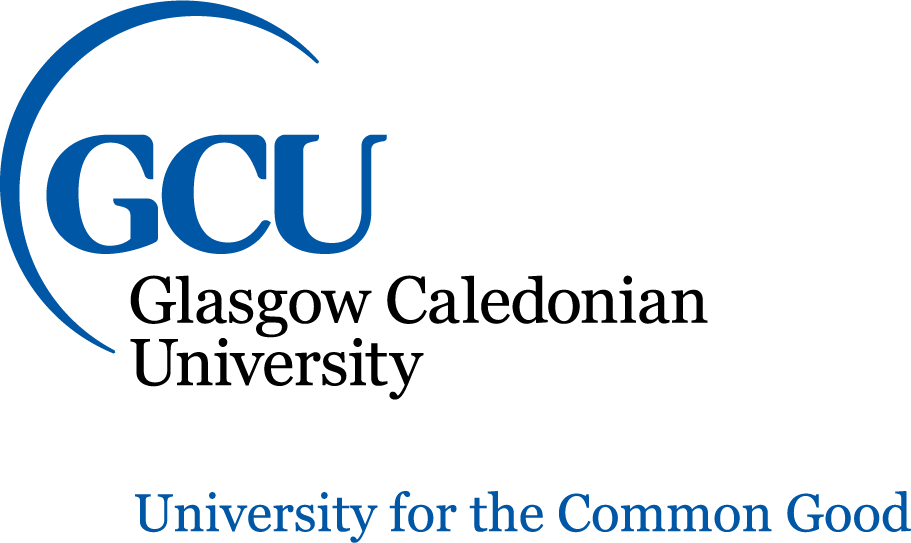

Congratulations on your offer from GCU. This page contains links to some maths materials that you may find useful to work through as part of preparation for refreshing your maths knowledge before your course starts. You certainly don't need to look at all of this material, but feel free to browse around and pick any topics you fancy.
The purpose of these resources was originally to help students with conditional offers (who needed to learn and show additional maths skills before starting). However, the resources here are equally useful for those wishing to just brush up on their skills.
In the content below there is an initial revision section of core maths skills used in most areas, and then three later sections which align quite closely with the HNC module Engineering Maths 2 (under topics of trigonometry, differentiation and integration).
These checklists should prove useful in helping you to identify areas you may have forgotten, or don't recognize. To help you focus your learning.
This revision checklist covers core skills.
This main checklist covers the skills and knowledge in Engineering Maths 2.
*** Collection of links to learning resources and summary pages ***
This is the main page to use for your learning. Every topic box has a link near the bottom to a short Summary Page which it is highly recommended you look at first. Each topic contains links to three online sources HELM course notes, Khan Academy & Mathcentre.
Here's a recommended work-flow:
You do not need to use more than one source for each single topic -- they will mostly repeat the same content. The range of choices is to help you pick one that you find easiest to learn from. So you can always try a couple to see which you find easiest to learn from. The HELM workbooks are generally excellent, the other two sources vary depending upon topic.
These mini-courses are intended to supplement learning of the above topics. They are best used after you have already done the reading for a topic and attempted to learn it. So wait a few days after finishing a topic, and then attempt the mini-course on a topic. By waiting a few days, your attempts may help you learn and not just be based upon your very short term memory.
To help you engage with the interactive quiz elements you may need to use a small amount of computer maths notation such as * for multiplication, / for division, ^ for powers, and to use () brackets where needed. Simple guides are easy to find online too.
At some point when you try a mini-course you will realize you have forgotten a lot of the material. Don't worry this is normal, you should probably just go back and try more exercises and come back to the mini-course another day. Remember to use pen and paper to work out your answers, if necessary. You will learn more if you seriously engage with your answers and don't just guess.